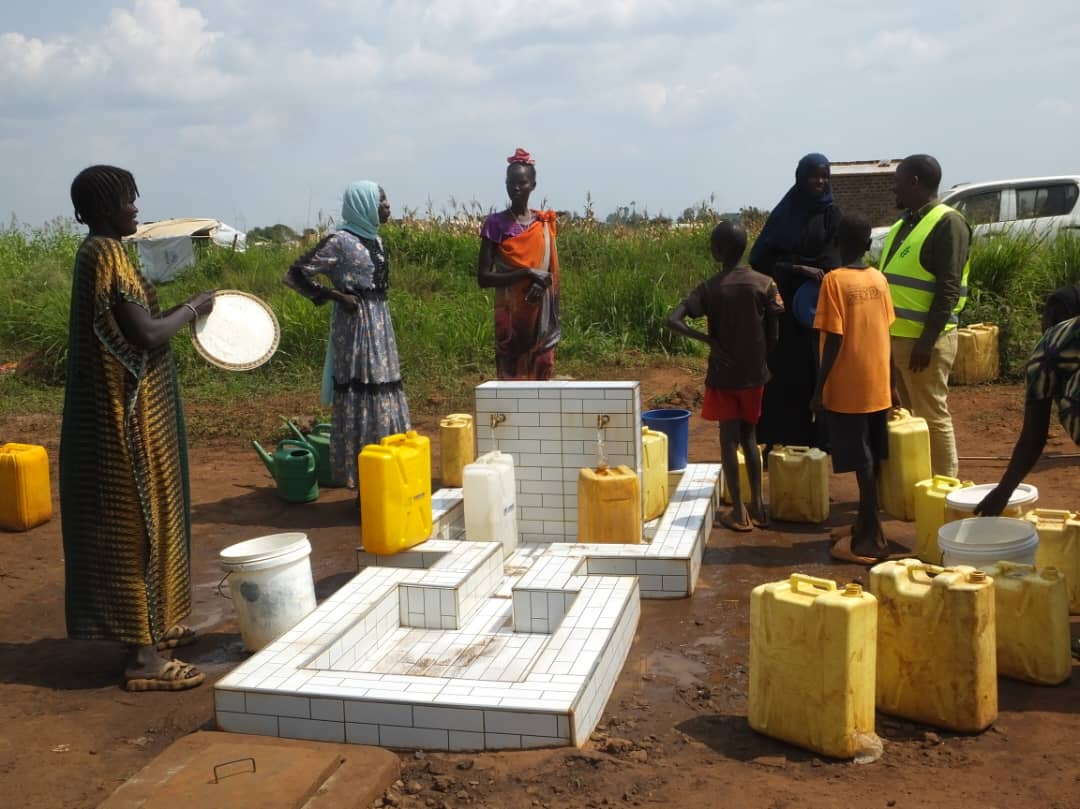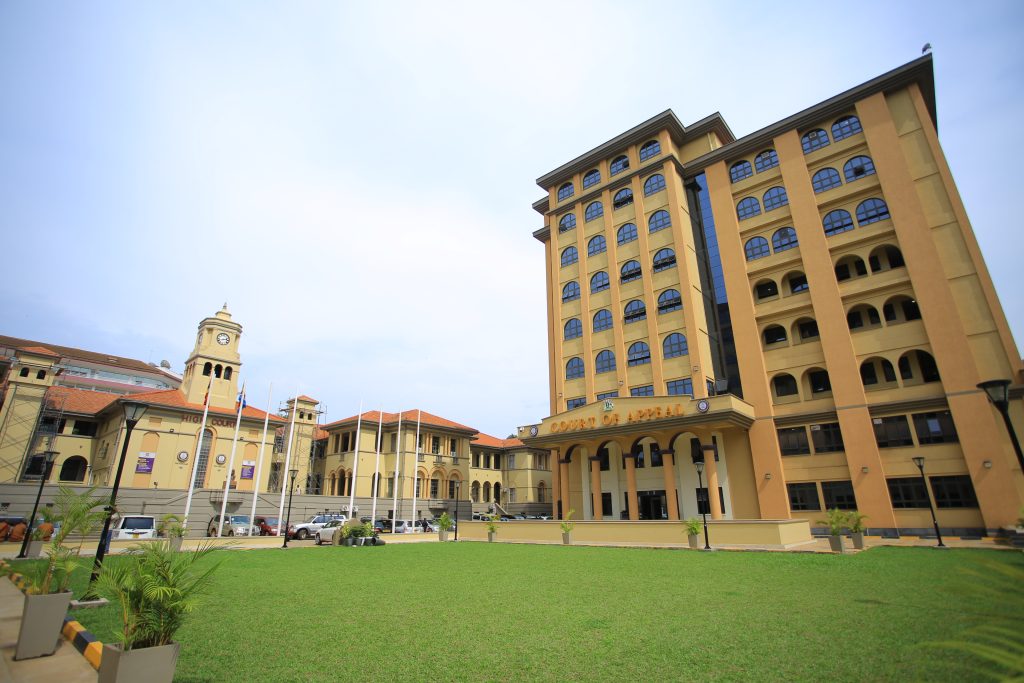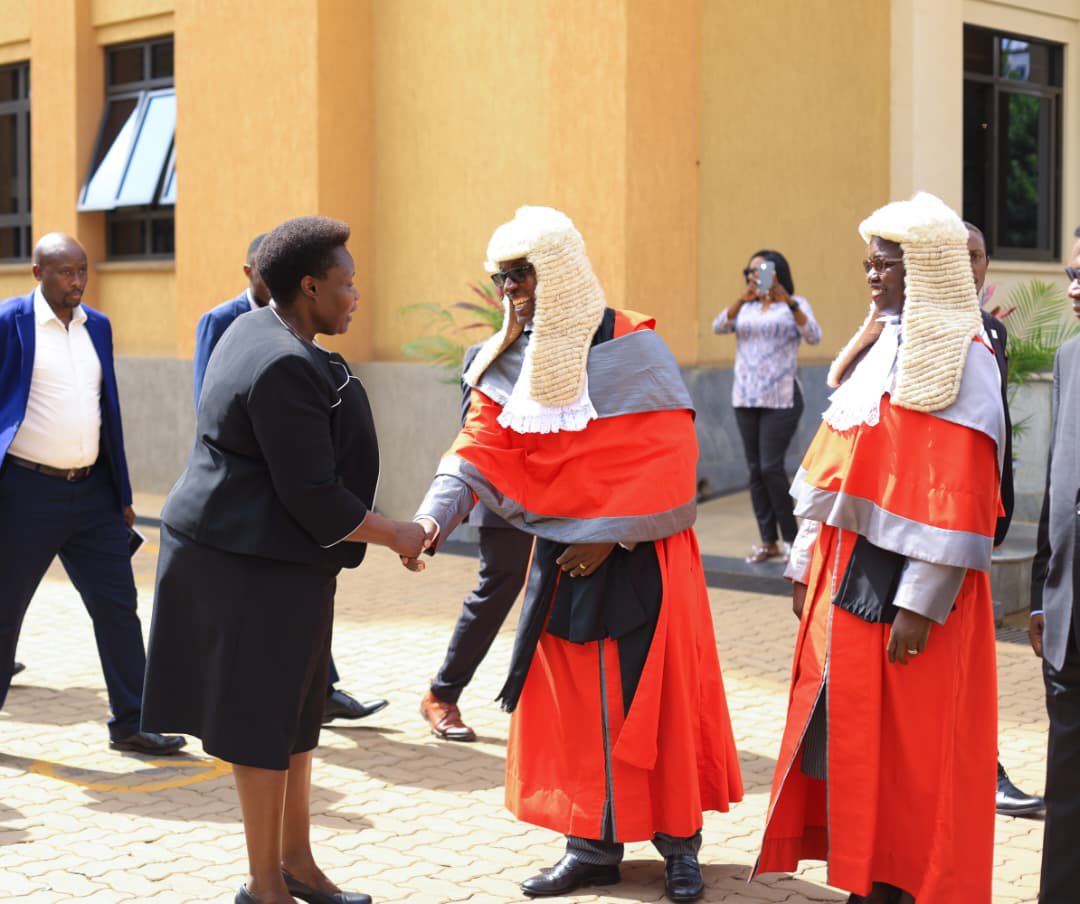The deteriorating security situation in Sudan and South Sudan is expected to drive more refugees into Uganda.
Over 150,000 refugees, predominantly women and young people from South Sudan and Sudan, have fled to the Kiryandongo refugee settlement.
The already impoverished population often has access to less than 20 liters of water per person per day, which is below the minimum recommended by the World Health Organization.
To alleviate the acute water shortage in the Kiryandongo refugee settlement during the most intense phase of the humanitarian crisis, Direct Aid Society Uganda has built water supply lines to ensure a sustainable supply for four clusters, benefiting over 5,000 refugees.
Additionally, they are constructing temporary classroom structures to reduce overcrowding in schools.
The Country Director of Direct Aid Society Uganda, Nourhudah Elagaab Abdallah, said the organization is focused on improving the livelihoods of refugees.
He said Direct Aid is committed to improving water supply and promoting education in the refugee camp by providing temporary structures to address classroom overcrowding.
Tulyatunga Twalik, the procurement officer for Direct Aid Society Uganda, explained that the organization has provided not only water supply systems and temporary structures but also scholastic materials to support pupils, many of whom arrive at the camp unable to afford uniforms or other requirements.
He said the existing water and sanitation infrastructure is already insufficient due to high population growth. Climate change is exacerbating the situation, with increasing droughts and flooding in the region.
As a result, the risk of local water resources becoming polluted is rising. Without access to clean water, diarrheal diseases are becoming more common.
The assistant commandant of the refugee camp, Alex Twongyeirwe, said the ongoing need for support, particularly in the education sector, as the growing number of pupils leads to classroom congestion, resulting in poor academic performance due to limited resources.
The head teacher of Kiryandongo High School, Odongo Nickison, welcomed the assistance from Direct Aid Society, particularly the new structures, which will reduce overcrowding and provide a solution for students who were previously studying under trees due to a lack of classrooms.







